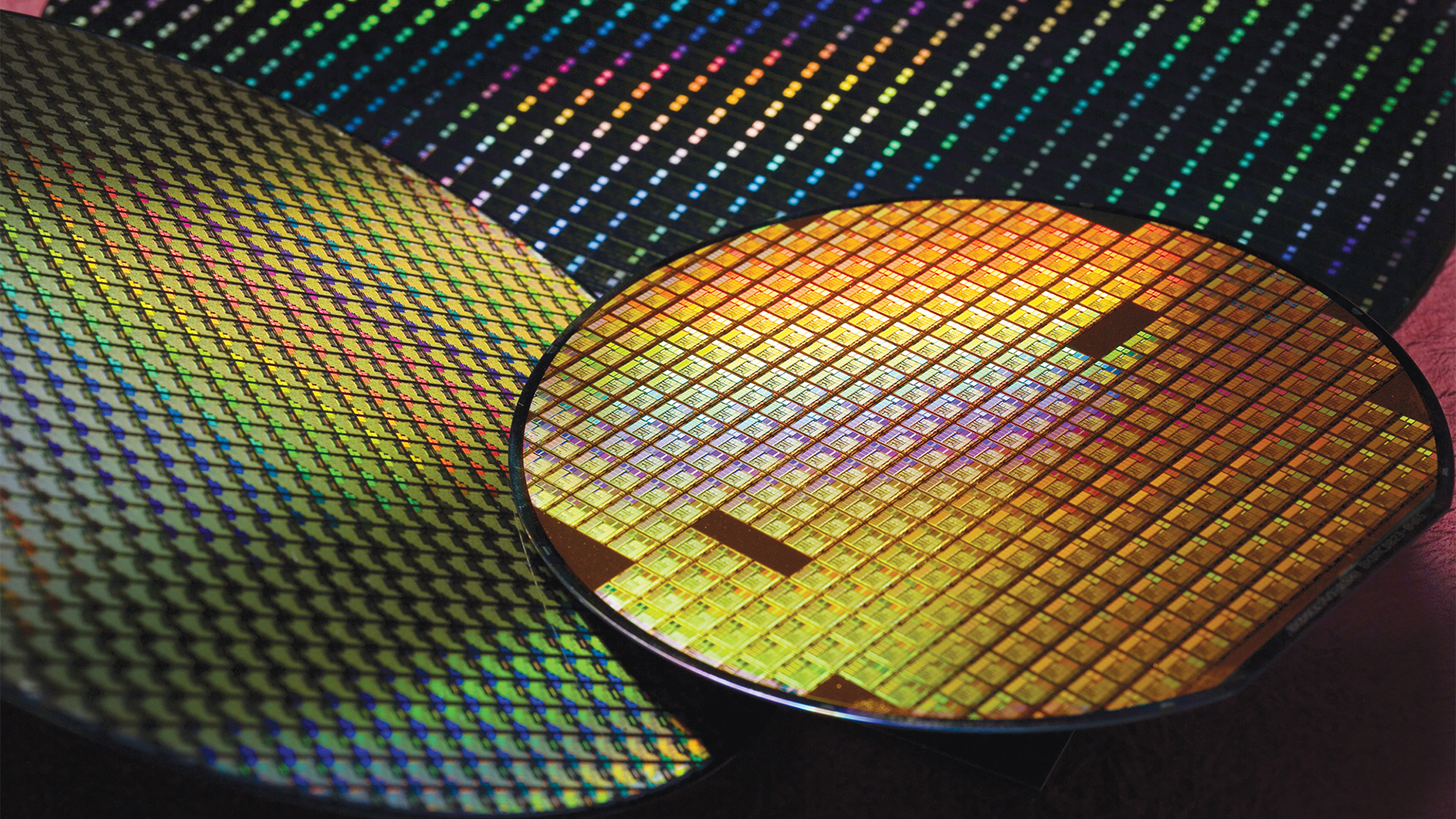Rumored problems at TSMC could delay the next generation of AMD CPUs
TSMC is reporting issues with its 3nm chips

Top chipmaker TSMC has reportedly run into issues with its 3nm process yields, potentially signalling the start of problems across the technology sphere.
A report from DigiTimes citing industry sources says that TSMC is having issues with its 3nm process yields.
The problems revolve around the number of chips that are not faulty. Making semiconductors is a fiddly and tricky process and there will always been faulty chips along the way.
Downstream effects
In some cases, these can be repurposed for slightly more low-powered chips - Apple, for example, sold a version of its M1 chip with slightly fewer GPU cores, likely because these were part of faulty batches that didn't need to go to waste.
If these issues persist, customers would likely increase their reliance on TSMC's 5nm process, which could impact AMD, Nvidia, and others who use the technology.
For its part, TSMC has not reported any issues with its 3nm process and says that it is "on track with good progress".
TSMC is one of the most important companies in the world right now, supplying chips to everyone from Apple to AMD to companies you haven't heard of. The global chip shortage has – rather counterintuitively – only empowered TSMC, as desperate companies pay top dollar to alleviate shortfalls.
Are you a pro? Subscribe to our newsletter
Sign up to the TechRadar Pro newsletter to get all the top news, opinion, features and guidance your business needs to succeed!
Given the position that TSMC occupies in a vitally important industry, a failure to master the 3nm process will have various knock-on effects.
According to DigiTimes, AMD currently makes extensive use of TSMC's 7nm processes (known as N6 and N7). The forthcoming Ryzen 7000 series will be based on TSMC's 5nm process (known as N5 and N4). Future chips, those in development now, will be based on the 3nm process.
Interestingly, DigiTimes also says that Samsung – another big player in the chipmaking space – is having its own issues with 3nm. Samsung's recent 4nm Exynos 2200 is reportedly not the performance machine it could have been, which is perhaps why the company originally skipped its own launch event.
- We've found the best business laptops for every budget
Via: Tom's Hardware
Max Slater-Robins has been writing about technology for nearly a decade at various outlets, covering the rise of the technology giants, trends in enterprise and SaaS companies, and much more besides. Originally from Suffolk, he currently lives in London and likes a good night out and walks in the countryside.